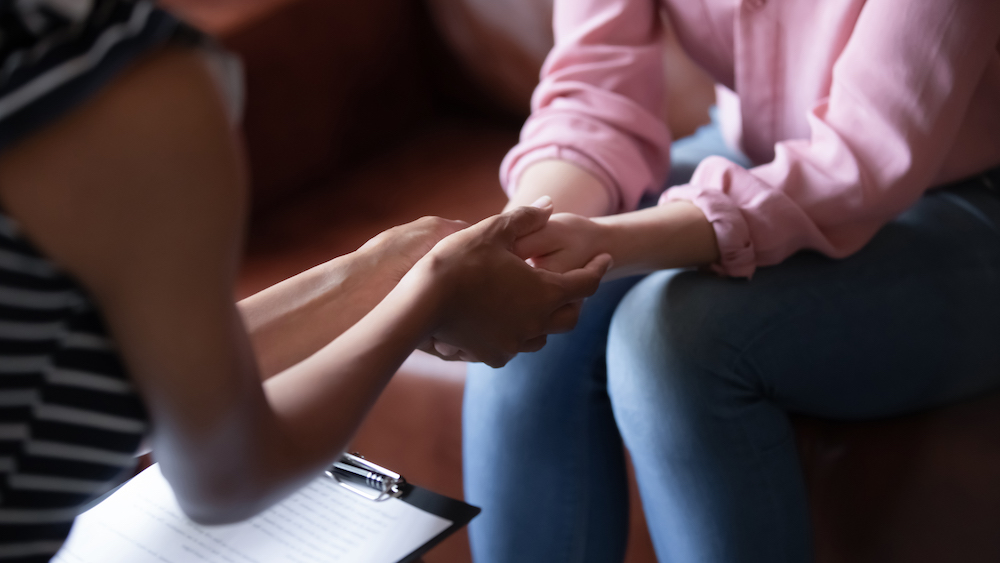What is H.A.L.T.
H.A.L.T. is an acronym that I created to help destigmatize mental health illness. It stands for Help. Acceptance. Learn. Tolerance. These are 4 important ways that people can practice/do in order to help destigmatize mental health. In order for people to get the help they need, we need to H.A.L.T.
The Story of H.A.L.T.
I love my job. The main goal that I have is to help as many people as I can. While mental health is becoming easier to talk about, there are still many misnomers that are being spread.
In order to help the destigmatization, not only do we need to feel more comfortable seeking help and/or helping others to do the same, we need to reform health agencies, the criminal justice system, employers, schools, and the media.
If there is one thing that I constantly hear is how people are afraid of mental health discrimination in their familes, society and employment. We need to make mental health as common as it is to go to the doctors office if there is something physically wrong with us. The thing that constantly amazes me is that our brain is the most important organ in our body, but yet we don’t give it the attention that it deserves. THIS NEEDS TO CHANGE!

The Vision for H.A.L.T.
My goal is that mental health will one day be treated the same as physical health. Our brain is the hub. Without it, our bodies don’t work correctly.
How can someone get involved with H.A.L.T.?
They can sign up for the H.A.L.T. campaign on my website. I would like my web page to be interactive, meaning that if you have stories, or other ways to H.A.L.T. then, share it so everyone can benefit from your knowledge. Help me H.A.L.T. They can interact with me on all of my social media pages. They can #haltmhstigma on instagram. Help me spread the word!
Helpful H.A.L.T Tips:
I have stated some ways that you can begin to integrate H.A.L.T into your life or share with other people who need help. I am not afraid to admit that I am not the expert, but I care enough to start somewhere. It takes a village!
- Help in any and all ways. This can be done by spreading the word, getting educated, writing to politicians and seeking help for you or others who need professional help.
- Support/Accept people. Treat everyone with dignity and respect; offer support and encouragement.
- Know the facts. Learn about mental health. Educate yourself and others about mental illness including substance use disorders. Pass on facts and positive attitudes; challenge myths and stereotypes.
- Understand Inclusion. We need to learn how to Tolerate people that are “different” from us. We may not agree, but we don’t have to judge, slander or put people down.
- Be aware and challenge your attitudes and behaviour. Examine your own judgmental thinking, reinforced by upbringing and society. Don’t generalize. There are so many types of diagnosis that don’t make people “crazy”, “insane”, “nuts”.
- Watch what you say. The way we speak can affect the attitudes of others. Be mindful, we can’t take those words back.
- Focus on the positive. Mental illness, including addictions, are only part of anyone's larger picture.
